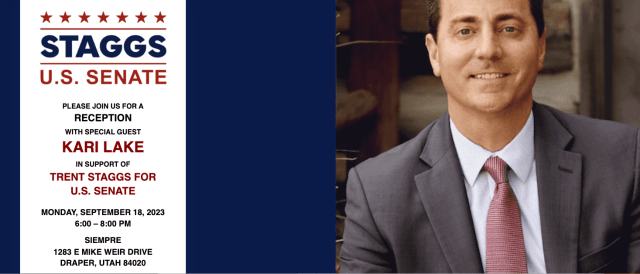In the midst of hurricane and wildfire season, the Federal Emergency Management Agency (FEMA) is preparing to withhold billions in disaster funding until Congress passes a budget bill that refills its dwindling cash stock, according to a footnote in a FEMA document first reported by E&E News.
In November, FEMA had roughly $23 billion in its disaster relief fund. As of September, that funding was down to about $4 billion.
As a faction of far-right House Republicans hold up the congressional appropriations process and stonewall efforts by more moderate Republicans and Democrats to at least pass a temporary budget package before most funding for federal agencies runs out on Saturday, FEMA has begun freezing funds dedicated to long-term recovery projects to preserve its ability to respond to future catastrophic events.
The $8 billion FEMA expects to freeze includes $376 million for recovery projects stemming from Hurricane Laura, which hit Louisiana in 2020, and Hurricane Ida, which hit multiple states in August 2021. FEMA also plans to freeze $265 million in funding for continued recovery from Hurricane Ian, a Category 4 storm that ravaged Southwest Florida last September.
Puerto Rico, beleaguered by earthquakes and hurricanes in recent years, will be particularly affected by the pause. According to the Biden administration, 188 projects on the Caribbean island will be delayed. E&E News reports that Puerto Rico could have “up to $2.6 billion withheld for projects such as rebuilding critical facilities like hospitals and the electrical grid.”
Copyright
© Mother Jones


